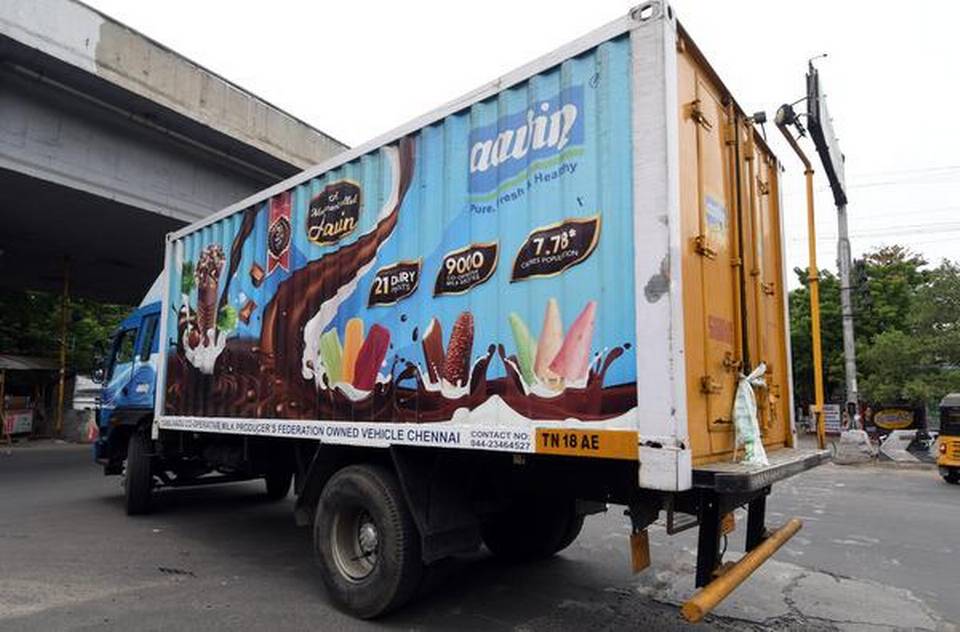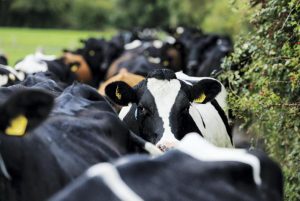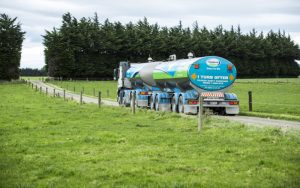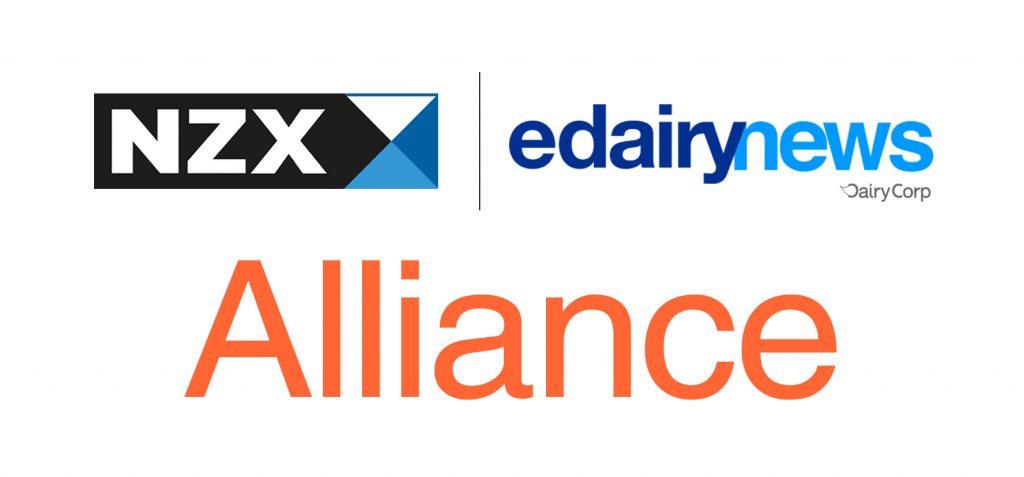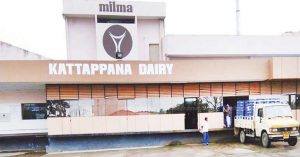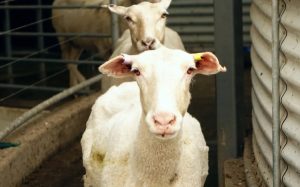With surplus milk being produced in the State and dairies unable to procure enough, industry experts are stressing the need for Aavin to strengthen its marketing and distribution network.
“The recently launched ultra high temperature treated (UHT) milk is a blessing now. Aavin needs to push that variety since it can be stored without refrigeration till it is opened. It could lead to an increase in sales, especially in urban areas,” an industry expert said.
“For pushing sales, Aavin needs to increase the sales margin of distributors. They only get ₹1.50 per litre. Aavin can stop giving 75 paise per litre to carrying and forwarding agents, which can be passed onto others,” he said, adding that the milk major also has to increase the reach of its milk-based products.
“This is where Amul is managing to score,” he pointed out.
Aavin sources said people were being encouraged to take their distributorship. “We have reduced the deposit amount to just ₹1,000,” an official said.
But industry insiders say many private players gave various offers to distributors and retailers. “One company gives a few litres of milk free for every 120 litres sold additionally. But these are temporary measures,” a marketing executive in a private diary said.
Aavin has to take continuous steps to increase processing capacity. Between 2013 and 2016, it added 11 lakh litres and built massive storage for butter and milk powder. But it was not continued after that.
“Assuming that the State producers 2 crore litres of milk a day, Aavin does not procure even a fourth of that. It procures 40 lakh litres of milk a day, selling around 24 lakh litres as milk. Karnataka’s Nandini procures 80 lakh litres a day. We need to increase capacity if the interests of our farmers need to be safeguarded,” another expert said.
Milk producers suggested that to reduce Aavin’s burden, the government could consider giving milk powder free of cost till November to all family card holders. “They are now converting milk into butter and milk powder. But due to lack of exports and no demand for these products, every diary is stocking them. Unless State and Central governments subsidise the sector in some way, farmers will be the ultimate sufferers,” said K.A. Sengottuvelu of the Tamil Nadu Milk Producers’ Welfare Association.
M.G. Rajendran, the association secretary, said farmers were suffering due to private diaries reducing procurement prices. For milk with 4% fat and 8% solids not fat, Aavin pays ₹29.40 per litre. Other diaries pay as less as ₹21.60 per litre, he pointed out.

